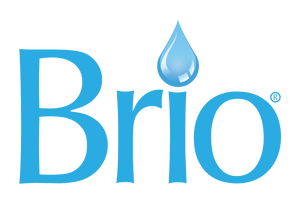By Sheila Anthony
There’s an old saying: Never jump into unknown waters.
But what if unknown waters jump your way?
During an extreme water-related weather event like a hurricane, soil is inundated with moisture so quickly, it can’t absorb it rapidly enough. The result is massive runoff which, in turn, can lead to flooding. And while your city or town’s stormwater system is designed to capture runoff and route it for treatment, if the storm is powerful enough, treatment infrastructure can be quickly overwhelmed too.
In 2017, Hurricane Harvey dumped 51 inches of rain on Houston, Texas, in 72 hours. Its impact on local wastewater treatment plants was devastating, and they took six months to recover.
What contaminants might be lurking in post-storm water?
You can pretty much count on increased amounts of everything. Not just the usual suspects like dirt and rust, but pollutants like motor oil, gasoline, fertilizer, paint, herbicides, and pesticides.
Of particular concern are potentially life-threatening coliform. Coliform bacteria live in the digestive tracks of all animals, including the human animal. Many forms are completely harmless, however, Shiga toxin-producing E. coli are of particular concern and, among other things, can lead to kidney failure.
Private wells are particularly vulnerable. And if you’re the owner of one, you’re responsible for its health and the cleanliness of the water it provides.
What to do if you suspect contaminated water
Always heed the advice of your local water utility as it is closest to the problem and can provide the most up-to-date information on the quality of your home’s water. If you get a Boil Water alert, that means your water municipality has identified dangerous pathogens in drinking water. Boiling water for at least one minute will kill them.
Unfortunately, boiling water also concentrates chemical contaminants and heavy metals. In 2021, Victoria, Australia, suffered severe damage to its water system. Three suburbs were told not to drink their water even if boiled first.
To prepare for potential (and some say inevitable) disaster, have a solid filtration system in place or plenty of bottled water on hand for everyone (including pets) in your household.
Final thoughts
If you have a filtration system installed, it’s crucial filters be changed as recommended and possibly more frequently if you experience severe stormwater impacts. Your filter can only adsorb or block so much before its usefulness begins to be severely compromised.
Good news! Brio offers convenient filter replacements, so you’re never without purified water and refreshing hydration.




